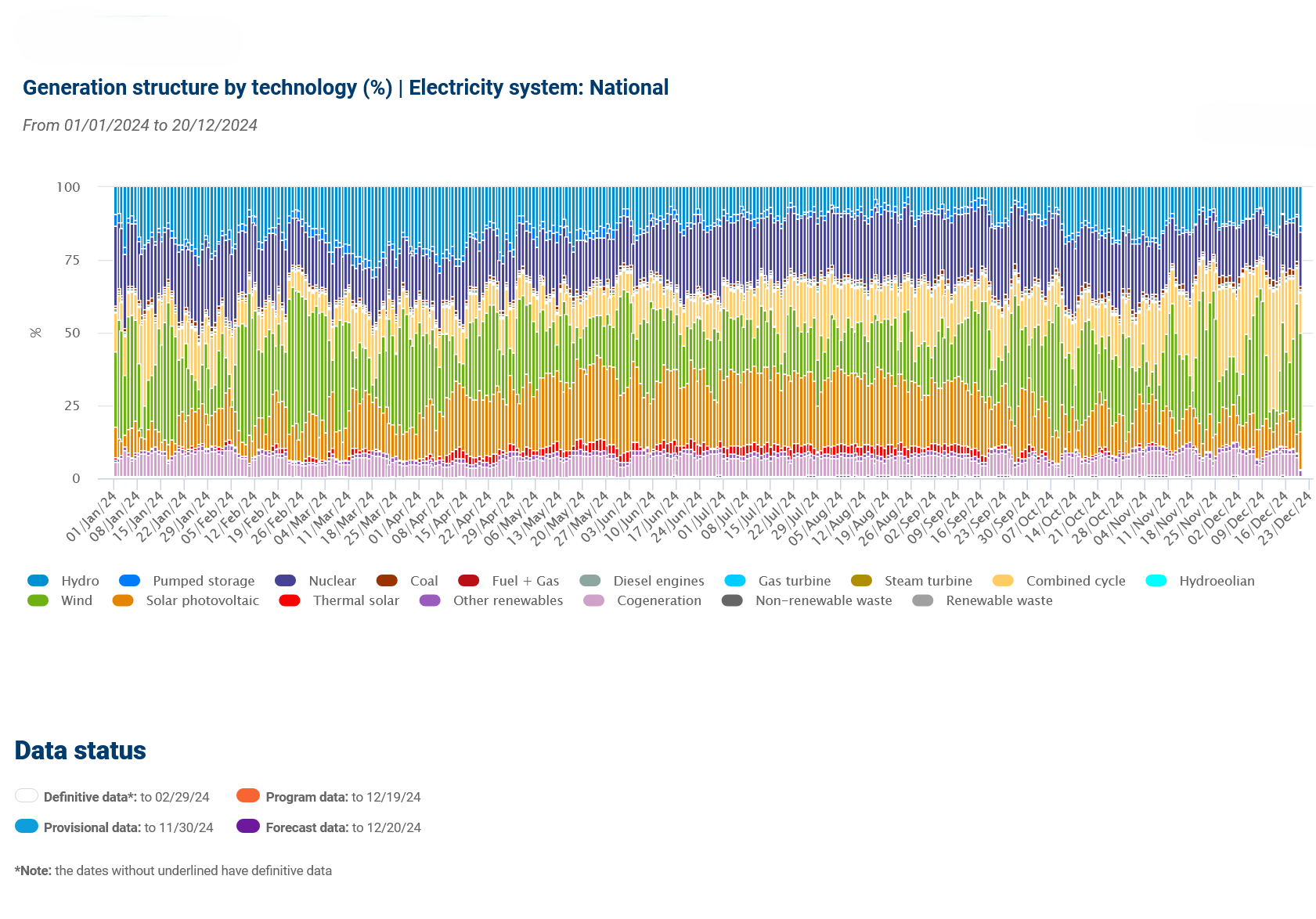Some 40 per cent of Earth’s land is already degraded, with an additional 100 million hectares of productive lands being degraded each year due to human activity.
A report from the world Economic Forum (WEF) notes that land is now at the top of the agenda as Saudi Arabia hosts the last of three United Nations (UN) conference of parties (COP): COP16 of the UN Convention to Combat Desertification, which aims to achieve land degradation neutrality by 2030, including restoring 1.5 billion hectares of land.
Although there are several reasons to be concerned with the loss of land, water is a pressing issue, with the expected that demand for freshwater outstripping supply by 40 per cent by as soon as 2030, and as the world’s water systems come under “unprecedented stress”. More than half of world food production is threatened unless urgent action is taken to conserve water and end the destruction of ecosystems on which freshwater depends.
Degrading of lands and forests is disrupting the ‘green water’ hydrological cycle that is responsible for half of all rain falling over land. As soils deteriorate, rainwater runs off, groundwater cannot recharge, and safe water gets scarcer.
Moreover, unsustainable land use accounts for 22 per cent of global emissions, mainly from agriculture and deforestation, and multiplies the impacts of climate hazards. As many as 300 million people are at increased risk of floods and hurricanes, due to the loss of coastal habitats acting as natural buffers.
Or, in money terms, some $58tr (55 percent of global GDP) is highly or moderately dependent on nature and especially on land, with some sectors at particular high risk, and yet economic models often fail to capture the effect of spillover climate risks to integrated global supply chains. For example, heat stress could cost up to $25tr by 2060, through excess mortality, lost labour productivity and market stagnation from faltering supply and demand.
Churchill's guiding philosophy was: "never let a good crisis go to waste" and in every crisis there is opportunity. Transitioning to a sustainable ‘nature economy’ could unlock $10tr in business opportunities by 2030 according to WEF. In addition, coordinated action on land can help unlock solutions for climate, water, pollution and biodiversity.
© 2019 Perspective Publishing Privacy & Cookies







Recent Stories